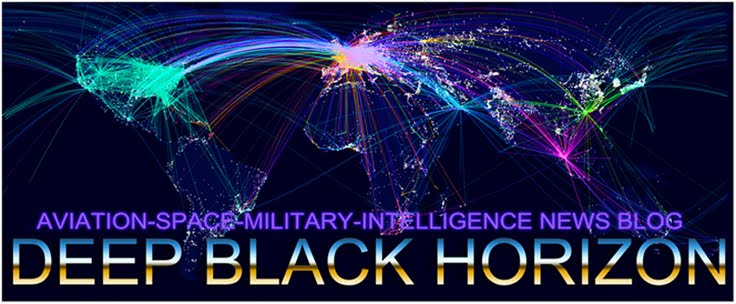
CNN) -- Secrets-busting website WikiLeaks, which began publishing a giant trove of confidential U.S. government papers on Sunday, didn't expect the papers to reveal as much espionage as they apparently do, a spokesman said Monday.
"I was surprised at (the) extent of the spying," Kristinn Hrafnsson told CNN.
WikiLeaks claims it has 251,288 cables sent by American diplomats between the end of 1966 and February 2010, which it will release piecemeal over the course of weeks or months, Hrafnsson said.
Among the revelations in the papers are allegations that:
--Saudi King Abdullah urged the United States to attack Iran to halt its nuclear program, warning that if Tehran went nuclear, other countries in the region would, too
--The United States keeps bombers ready to strike al Qaeda targets in Yemen if "actionable intelligence becomes available"
--The U.S. ambassador to Zimbabwe predicted in July 2007 that President Robert Mugabe would soon be out of power, saying, "The End is Nigh." Mugabe remains president to this day, although he is now in a power-sharing agreement with the former opposition.
The leaked papers also include what seems to be an order from U.S. Secretary of State Hillary Clinton to American diplomats to engage in intelligence-gathering.
WikiLeaks: Public has 'right to know' WikiLeaks holds back -- some New leaks in 'public's interest'
Clinton directed her envoys at embassies around the world to collect information ranging from basic biographical data on diplomats to their frequent flyer and credit card numbers, and even "biometric information on ranking North Korean diplomats."
Typical biometric information includes fingerprints, signatures, and iris recognition data.
The cable, simply signed 'CLINTON,' is classified S/NF -- or 'Secret/No Foreign' -- and was sent to 33 embassies and the U.N. mission offices in New York, Vienna, and Rome.
"Is it a natural part of diplomatic activity to have diplomats collecting biometric data?" WikiLeaks spokesman Hrafnsson asked Monday, calling it "a contravention of how diplomats are supposed to conduct business."
The State Department denied its diplomats were spies.
"Contrary to some Wikileaks' reporting, our diplomats are diplomats. They are not intelligence assets," State Department spokesman P.J. Crowley said on Twitter.
He further downplayed the cable's significance by writing in a separate tweet: "Diplomats collect information that shapes our policies and actions. Diplomats for all nations do the same thing."
WikiLeaks spokesman Hrafnsson denied that Sunday's release of papers harms United States security.
"I don't believe anything in these cables are national security concerns," he said.
"If we are talking about strained relations or embarrassment, that does not fall into national security concerns," he said with a shrug.
"Secret" is not the highest level of classification, Hrafnsson pointed out. WikiLeaks does not have any top secret documents, he added.
More than half are unclassified, he said.

No comments:
Post a Comment